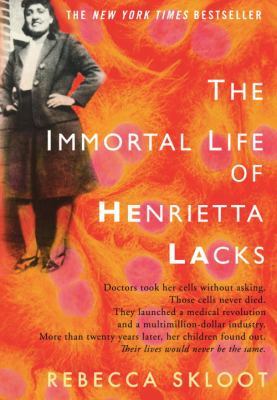 |
| Yes, that's me. Photo taken May 16, 2016, by Jessi Matthews. |
This is going to be a really personal post. I haven't written a super-personal post in a long time; 'course I haven't written a post at all in a long time. But I need to get this out, and I'm sharing it because...well, it's what I do.
I had a
reiki session for the first time tonight. At the beginning of the session,
my reiki practitioner used a guided meditation to sort of lead me into it. For part of it, she said to picture myself in a very beautiful place and imagine that this place was just for me.
My mind immediately went to the Oregon coast, which so far I have visited twice, exactly a year apart. I know they were exactly a year apart because both times were on my birthday. The first of those times, my dear friend Jessi and I sat on a log on the sand and talked while we enjoyed the beauty. It was mostly overcast and a little chilly, but it was still beautiful.
Back to the guided meditation: This time I pictured myself there alone, just standing on the beach and enjoying what in my vision was now beautiful weather—warm and sunny, with the sun reflecting on the water, turning the view from beautiful to spectacular.
At this point in the reiki session, the guided meditation stopped, but I kept picturing myself there...as if I lived there, and one by one, other elements came into the picture. I know what was happening: I was envisioning my dream life. The other elements were all things I have dreamed about doing, having, being...but that haven't happened yet for a variety of reasons. (Some of them,...much to my grief.)
I'm walking along the beach because I have the energy to do that. My body looks more like I want it to than it does now. I'm throwing a frisbee to my dog. I'm joined by my loving partner. I have indeed found someone to grow old with. He loves me fiercely. And I him.When we go back to the house, we don't have to go far because it's right on the beach. (No one said my dream life would be cheap.) In the great room, there's a grand piano. (Again with the not-cheap.) I'm working toward entering the [Van]
Cliburn International Amateur Piano Competition. This is a house that I've decorated myself because I have the energy to do that. We host lovely dinner parties because I actually do want to be the hostess sometimes. I am as "domestic" as I feel like being because I have the energy to do things I feel like doing. (Are you sensing a theme yet?) I have a job that I love. I do volunteer work that helps people and that I find meaningful. I have a part-time (at least) singing career because...well, that is my truest passion.
Back to the present for a moment: I think many people in my life think that my biggest passion is English—grammar, writing...because I talk/post about that rather frequently. And I'm not un-passionate about that. But ever since my college days, ironically after I stopped being a music major ("piano performance emphasis"), a love for singing like I'd never known awakened (even though I'd been in various choirs for several years by that point). And singing does bring me a kind of joy that nothing else does. Most of the time though, (when I'm not in one of the handful of choirs I've been in since that time) I don't generally sing. It's odd. But I think it's because emotionally,...I'm not usually in a place to even want to sing. Like, it doesn't even occur to me. In case it sounds weird to you that I wouldn't want to do something that brings me joy...that's called deep depression, my friend.
I'm suddenly realizing, with all of this talk of what my true passion is and of how much I have not yet self-actualized...that I am still, however unintentionally, suppressing my true self.
Daaamn. Now if only bringing my true self to the fore were as easy as it had been the first time (moving out of my parents' house and going to college).
Because now the challenge is to believe that I can have that kind of life—or at least that I can make many of those elements a reality.
Which brings me back to my vision. The phrase that popped into my head and just kept recurring to me was: "I
have to believe it."
Because right now,...I don't. That's the bare truth of it.
The cultural narrative of "you just have to believe in yourself" and "well, you have to have hope" is strong enough that I almost feel ashamed to admit this. But if you'd had a life filled almost entirely (so far) with heartbreak, how would you feel?
So tonight that's where I'm at. Knowing I need to believe in a better future for myself. And not yet being sure of how to do that—or even that I won't
resist any effort in that direction. (My cynicism runs
deep, yo.)
Never has the phrase "hoping against hope" meant so much to me.
I just know that if I actively believe it
won't happen, then it very likely won't.
I'm also realizing...I have to
make it happen. *sigh* And we're right back to...that'll happen someday
when I have the energy for it. There's that theme again.
So what I actually have hope in right now are the mind/body practices I've been trying lately—namely, reiki, massage, trauma releasing exercises, yoga. Because getting my body to work better has to be step one. And they are showing promise in that regard.
So...current state: Staying the course.



